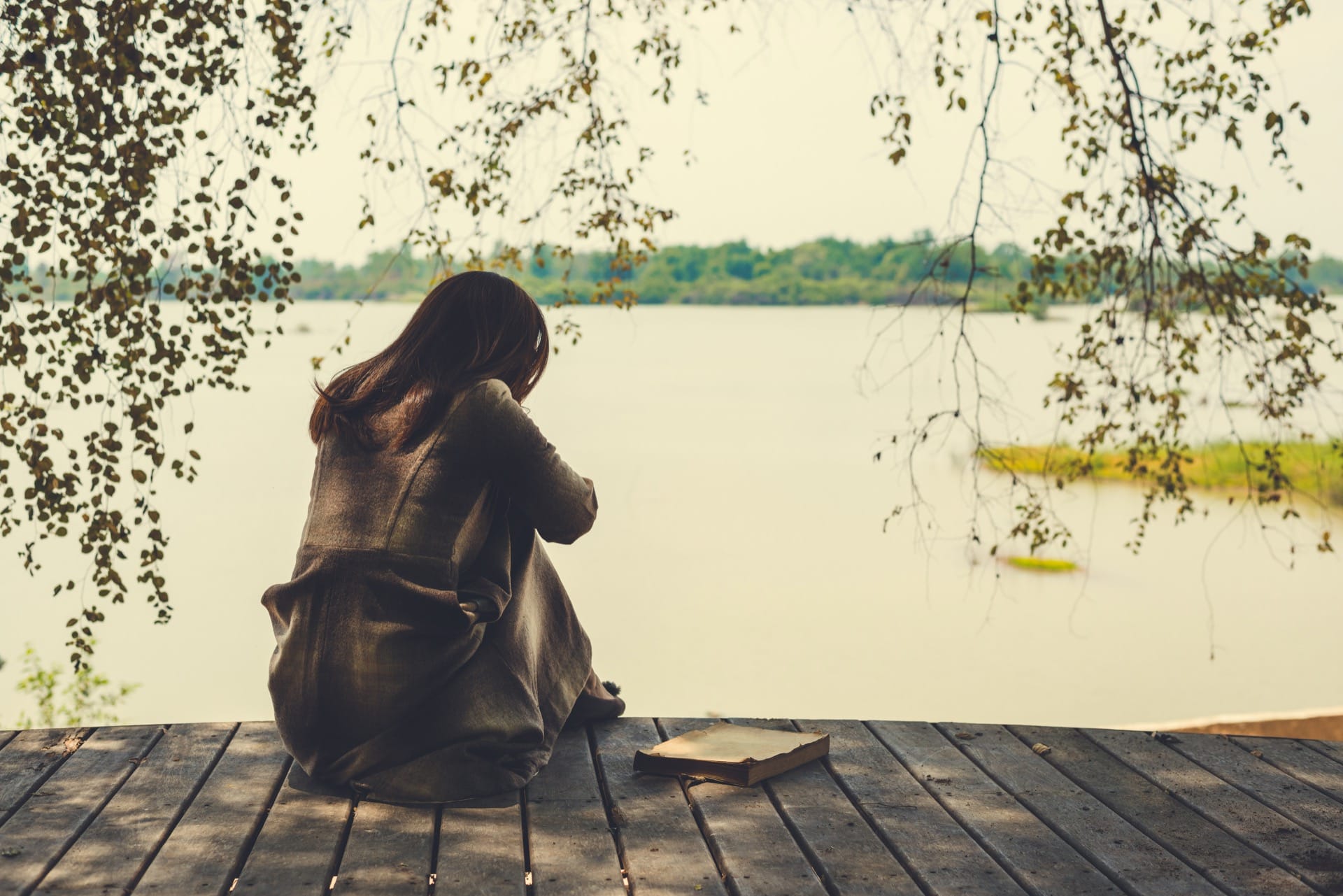Feeling down or sad from time to time is a normal part of life. Usually, these feelings don’t last long but if you’re feeling down or sad most of the time and it starts to impact on your daily life you may have depression.
Depression affects how you feel about yourself and makes day to day life more difficult. There are different types of depression and different ways of treating it. Your doctor can explain these to you and help you to decide the best way to manage your depression. There are also many things you can do to help yourself.
On average, 1 in 6 people (1 in 5 women and 1 in 8 men) will experience depression at some stage of their lives.
Self-care activities for managing depression include:
- Managing stress levels. You can do this by reducing your stressors (where possible), exercising regularly, getting enough sleep, building in activities you enjoy and learning techniques to help you to relax.
- Getting enough sleep. Lack of sleep can make you feel tired and irritable and can make it harder to manage stress. Most adults need around 8 hours of sleep per night. If you’re having trouble sleeping, it’s important to build a good sleep routine, including having regular sleep and wake times, avoiding screens (TV, computer, tablet or mobile phone) for an hour before bed and allowing yourself time to relax and wind down before going to bed.
- Moving more. Exercise releases chemicals that improve your mood. It also helps to reduce stress and can improve your sleep. Some studies have found that exercise is as effective as antidepressant medication for treating mild to moderate depression.
- Eating a healthy diet. A recent Australian study found that a Mediterranean-style diet resulted in significantly greater reduction in depression symptoms over 12 weeks, compared to a control group. The diet focused on higher intakes of fruits, vegetables, wholegrains, legumes, unsalted nuts, fish and olive oil while reducing intake of sweets, refined cereals, fried food, fast-food, processed meats and sugary drinks. Alcohol was limited to 2 glasses of wine per day, drunk only with meals.
- Avoiding or limiting alcohol and drugs. They may make you feel better in the short-term, but used regularly, drugs and alcohol can actually cause symptoms of depression and/or anxiety or make an existing problem worse.
- Asking family and friends for support. Whether it’s practical help with day to day things, or just having someone to talk to, having a good support team around you can really help. While you might feel alone when you have depression, those who care about you will want to help, so don’t be afraid to ask.
While building good self-care habits is important, this may not be enough on its own, so speak to your doctor who can help you to put a treatment plan in place. This might include psychological and/or medical treatments, if needed. Remember, the sooner you get help, the sooner you can recover.
For more information:
- Visit the Beyond Blue website, or call 1300 22 4636.
- Go to Lifeline online, or call them on 13 11 14
- ReachOut: visit the website
- Suicide Callback Service: 1300 659 467
References:
- Carek et al. Exercise for the treatment of depression and anxiety. Int J Psychiatry Med.2011;41(1):15-28.
- Jacka et al. A randomised controlled trial of dietary improvement for adults with major depression (the ‘SMILES’ trial). BMC Medicine2017; 15:23.
- Beyond Blue: Statistics and References
- Beyond Blue: Staying Well


